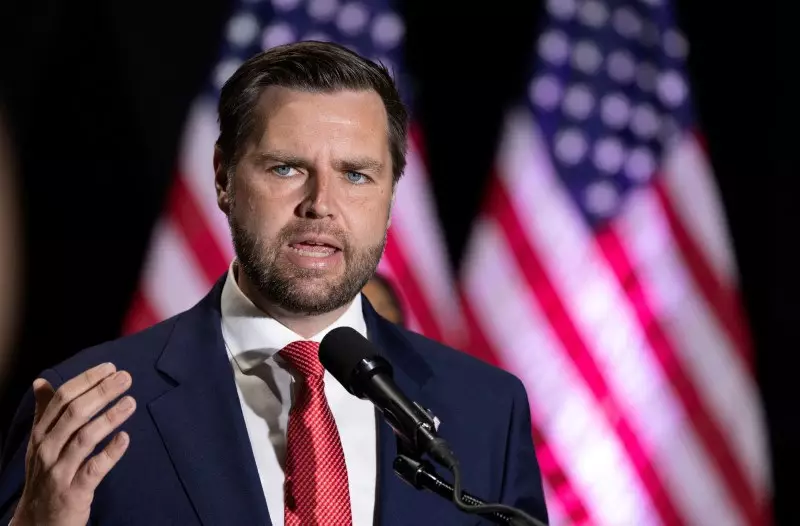Republican U.S. vice presidential candidate JD Vance expressed his support for Donald Trump’s assertion that presidents should have a say in Federal Reserve Board policy-making. According to Vance, Trump believes that the political leadership in the United States should play a more significant role in determining the country’s monetary policy. While past administrations have upheld the principle of independence for the Fed in making monetary decisions, Trump’s stance challenges this long-held belief.
Vance argued that it is crucial for elected leaders to have a say in critical decisions that impact the country. He emphasized the need for the Fed’s policies to align with the priorities of the administration in power, suggesting that monetary policy decisions should be inherently political. This viewpoint marks a departure from the traditional notion that the Fed should operate independently to avoid undue political influence.
Critiques of Presidential Intervention
Despite Trump and Vance’s advocacy for increased presidential involvement in Fed decisions, critics have raised concerns about the implications of politicizing monetary policy. Past administrations have recognized the dangers of short-term political pressures distorting long-term economic stability. The independence of the Fed has been upheld as a safeguard against potential interference that could jeopardize the country’s financial well-being.
Differing Perspectives
Democratic presidential nominee Kamala Harris voiced strong opposition to Trump’s stance on the Fed, emphasizing the importance of maintaining the institution’s independence. Harris asserted that as president, she would not interfere in the Fed’s decision-making processes, underscoring the need for the central bank to operate autonomously. The contrasting views between Trump and Harris reflect broader disagreements over the appropriate level of presidential involvement in monetary policy.
Recent Developments in Monetary Policy
The Federal Reserve initiated interest rate hikes in March 2022 to combat rising inflation following the economic repercussions of the COVID-19 pandemic. These rate adjustments directly impact borrowing costs for consumers, affecting various financial transactions such as mortgages and credit cards. As inflation rates fluctuate, the Fed plays a crucial role in maintaining economic stability through its policy decisions.
The debate surrounding presidential involvement in Federal Reserve policy-making raises questions about the potential consequences of political interference in monetary matters. Advocates of Fed independence argue that shielding the institution from political pressures is essential for ensuring sound economic governance. By contrast, proponents of greater presidential input contend that aligning monetary policy with political priorities is necessary for effective governance.
The debate over presidential involvement in Federal Reserve policy-making underscores the complex interplay between politics and economics. While the calls for increased political influence on monetary policy challenge conventional wisdom, the longstanding principle of Fed independence remains a cornerstone of economic stability. The outcome of this debate will shape the future trajectory of U.S. monetary policy and determine the extent to which political considerations influence economic decision-making.

